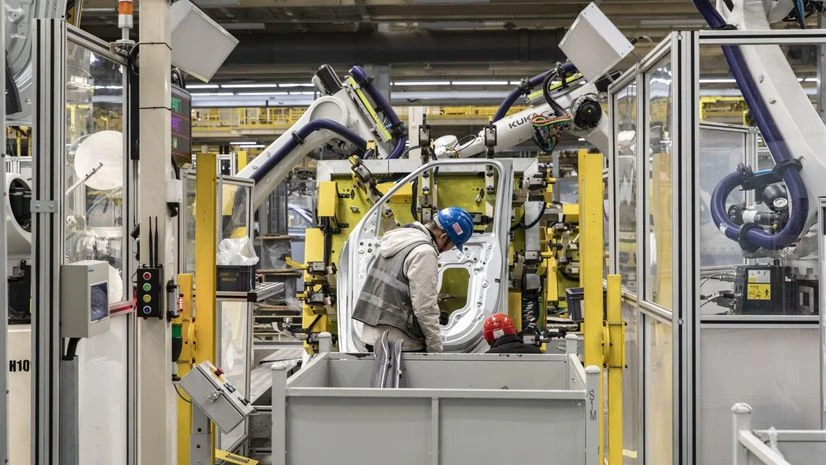China's manufacturing activity expanded at the fastest pace in 13 months in March, with business confidence hitting an 11-month high, driven by growing new orders from customers at home and abroad, a private survey showed on Monday.
The Caixin/S&P Global manufacturing PMI rose to 51.1 in March from 50.9 the previous month, above analysts' forecasts of 51.0 and marking an expansion for the fifth consecutive month.
The 50-point mark separates growth from contraction.
The upbeat results followed recent better-than-expected export and retail sales data, suggesting a bright start to the year for the world's second-biggest economy.
Citi last week raised its forecast for China's 2024 growth to 5.0 per cent from 4.6 per cent, citing "recent positive data and policy delivery".
Premier Li Qiang announced an ambitious 2024 economic growth target of around 5 per cent at the annual meeting of China's parliament in March.
More From This Section
But analysts say policymakers will need to roll out more stimulus to hit that target as they will not be able to count on the weak statistical base of 2022 which flattered 2023 growth data. Moreover, a deep slump in the property sector remains a major drag on activity.
Expansion in manufacturers' output and new orders accelerated last month, the PMI survey showed. External demand also picked up, pushing the gauge for new export orders to its highest level since February 2023.
Businesses' confidence towards the year-ahead rose to its highest point since April 2023 on good news such as a reduction in input costs.
"A drop in raw material prices reduced production costs for manufacturers, providing leeway for them to lower prices amid fierce market competition," said Wang Zhe, Senior Economist at Caixin Insight Group.
However, companies were cautious about adding employees, and the relevant sub-index has remained negative since August last year.
"The economy still faces headwinds with prevalent uncertainties and unfavorable factors," said Wang.
"Downward economic pressures persist, employment remains subdued, prices remain low, and insufficient effective demand has not been fundamentally resolved, underscoring the need to further boost domestic and external demand."
(Only the headline and picture of this report may have been reworked by the Business Standard staff; the rest of the content is auto-generated from a syndicated feed.)

)
